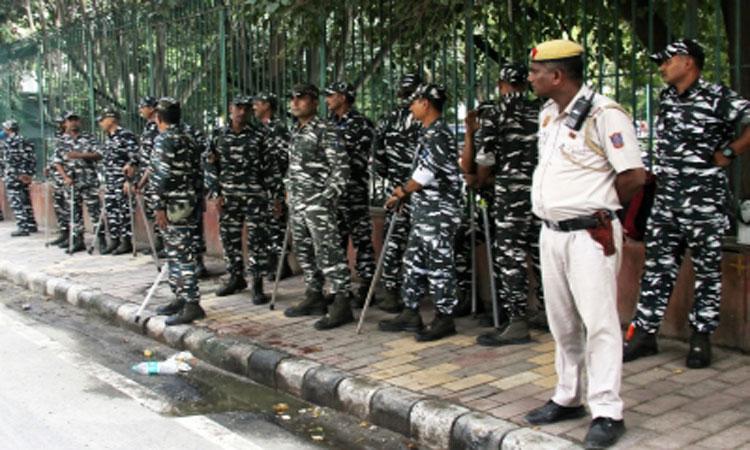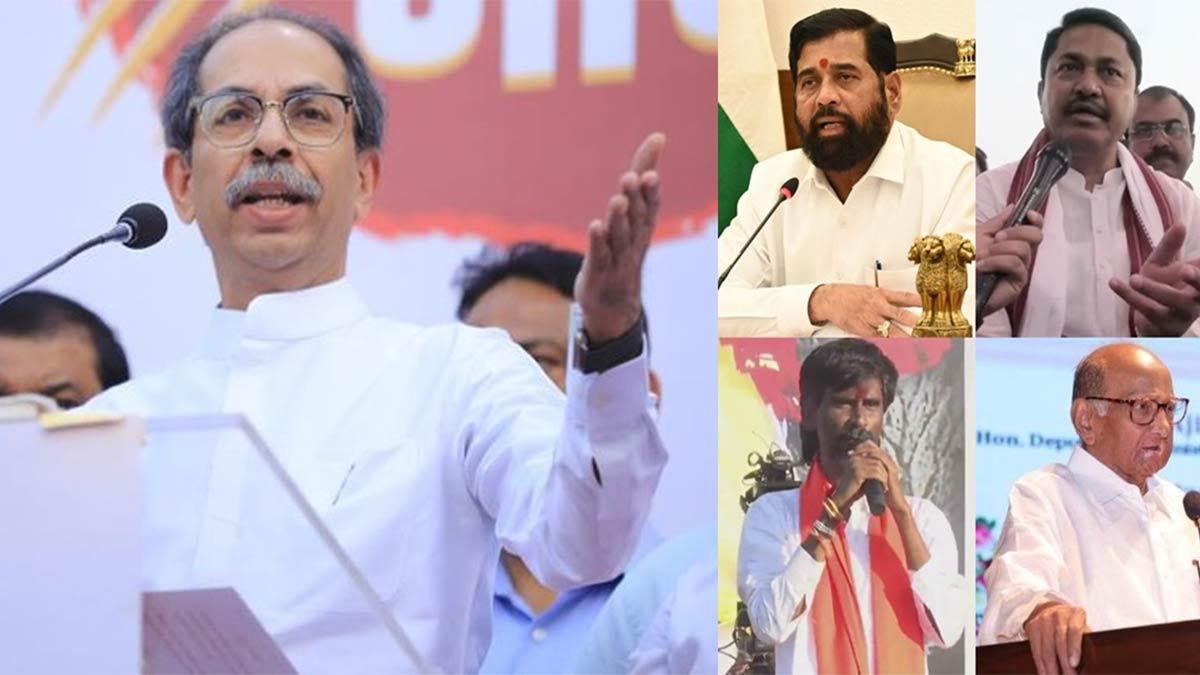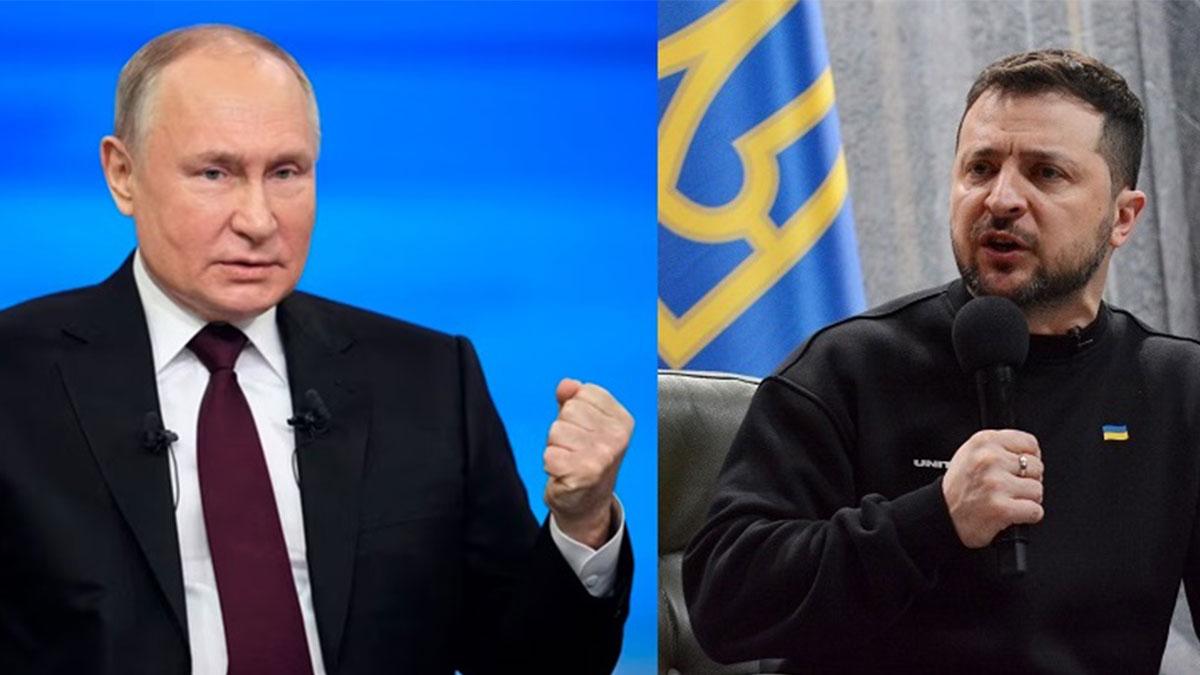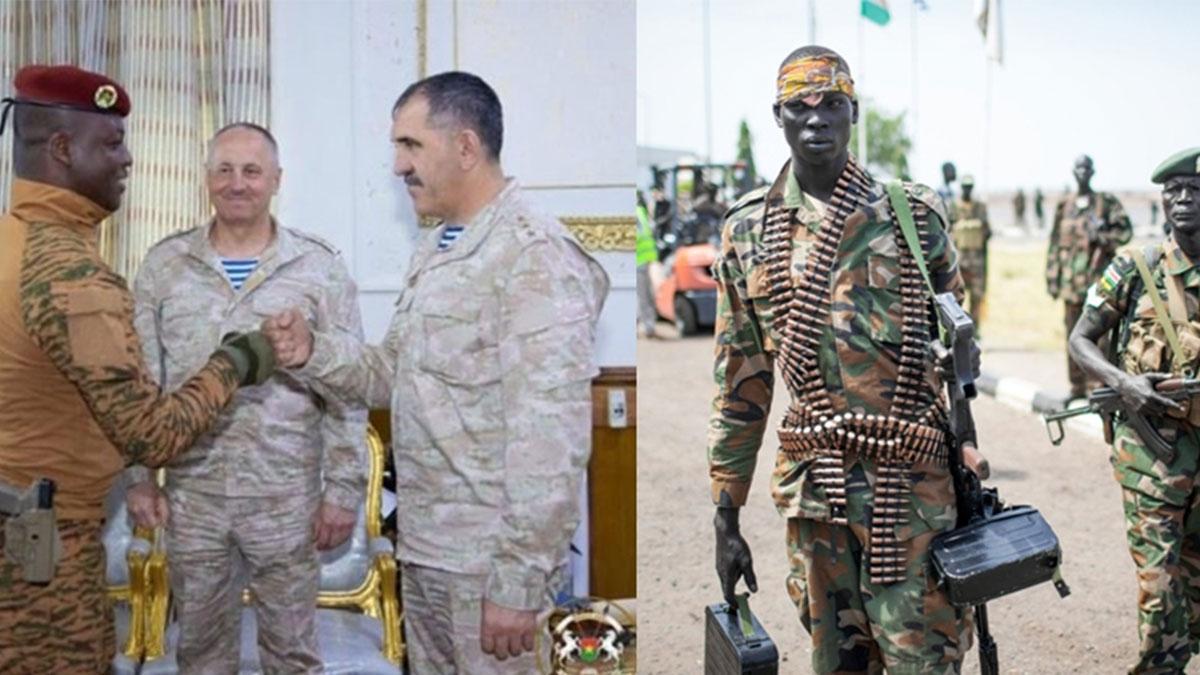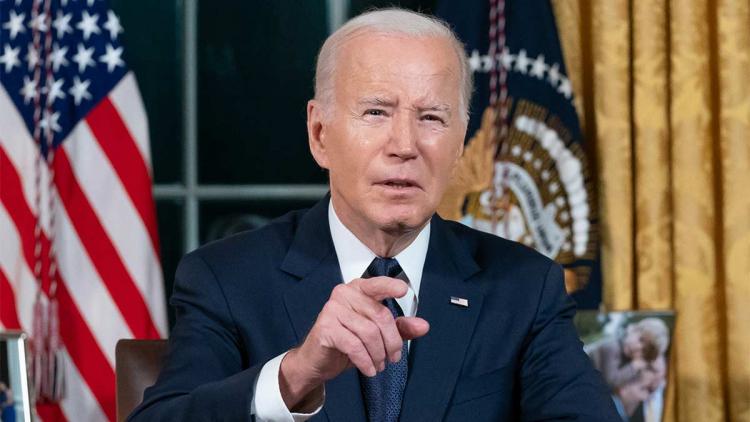Advocates of police reform claim that September 22 was the 'Police Reform Day' - it marked the occasion when India's Supreme Court gave certain directions in this regard way back in 2006 - and basically pitch on the point that political interference in the functioning of the police was the principal reason for the decline in the performance of the law & order machinery of the states.
Equality before law is a basic requisite of democracy and an investigation into a cognisable offence is done in the exercise of the sovereign power of the state. The first question therefore is to examine if the police was even conscious of these higher principles governing its functioning and whether we can say that the leadership of the police in India that was in the hands of the 'Indian Police Service' - a prime national civil service - was sufficiently groomed in this light.
The Supreme Court had ordered that the IGP should have a minimum tenure so that mid-term transfer by political authority was discouraged and called for the creation of the Police Establishment Board (PEB) by the state, comprising of police officers and senior bureaucrats, to insulate powers of posting and transfers from political leaders.
At the same time, the apex court also desired that the state should establish a State Police Complaint Authority (SPCA) to address complaints of people aggrieved by police action or inaction, thereby acknowledging what was known to every body that the less privileged did not have faith in the Police as they felt that there was one law for the poor and another for the rich and powerful.
This last point about the urgency of dealing with complaints against the Police itself should in fact be considered as being at the core of police reform and should draw attention to the failure of the police leadership to supervise the functioning of that pivot of law & order called the Police Station (PS) and take responsibility for the doings of the subordinates.
The advocates of police reform hardly talk of the internal weaknesses and focus only on the one point thesis that all that was wrong with Police functioning was that politicians ran the police administration.
They do not critically examine the issue of expectations from the IPS officers who provided leadership to police everywhere having enjoyed a career that put them in a position of leadership of the civil force right from the beginning. These officers were supposed to have a justifiable pride in making it to a premier service on the basis of a national level merit-based examination.
The British might have run a system where the executive had a complete authority over the police but they also left the legacy of IPS for independent India by way of creating a service equivalent of which does not exist in any other major democracy.
IPS officers are centrally recruited, trained and allocated to the states with an assurance that they would be protected against any unfair punitive action by the state government.
Young IPS officers do retain the professional and moral flair initially but probably get conditioned by their latter experience of seeing the seniors succumbing to pressure or temptation and discovering - more often than not - that the incumbent occupying the highest position of DGP was not able to exercise the power of the chief of the state police - for whatever reasons. This again points to the need for introspection by the IPS leadership before it raised the issue of external factors like political interference and poor policeman-public ratio. The pattern of crime on the street today reflects a lack of 'fear of law' and the police leadership must look into this urgently.
In India's Constitutional scheme of things, states are quite autonomous in various areas of governance particularly in the maintenance of law & order and administration of police.
Also Read | Can Europe escape its looming energy crisis due to Ukraine-Russia war?
Police like any other instrument of government works under the political executive which must ultimately take responsibility for governance but lesser politicians cannot get over the temptation of misusing the coercive power for maintaining their hold through officers who would be willing to play to their tune.
The state governments have shown a tendency of relying on officers recruited by them, at the cost of IPS, while local politicians have been reaching out to Station House Officers (SHOs) directly at the back of the police leadership of the state.
The subservience of police officers - who went beyond accepting what was reasonable in the demand of politicians for the quick pursuit of a case - directly affects the environ of law & order which devalued democracy itself.
Law & order is a state subject but its decline damages the national image among other things, frightening the investors thereby impeding economic growth.
Police reform must therefore deliberate on ways and means of strengthening the stakes of the Centre in police functioning throughout the country.
The first thing that should be done is to enhance the legitimate role of the Centre - that was supposed to keep track of the performance of IPS officers seconded to the states - in the appointment of the DGPs.
The Supreme Court has already endorsed the idea of UPSC drawing up - in consultation with the state government concerned - a panel on the basis of merit-cum-seniority for such appointment and disapproved of the practice of state government choosing an 'officiating DGP' to serve its vested interests.
If Centre had an oversight in the matter of appointment of DGP and provided protection to IPS officers against an arbitrary punitive action of the state government then it should also have the capacity to initiate action against an individual IPS officer for any grave dereliction of duty.
Secondly, police reform, if it has any meaning, must focus on improving the working of PSs that represents the interface between the law & order authority and the public closest to the ground. The staffing of PS has to become officer-oriented and not remain constabulary-ridden as it happens to be at present.
The level of responsibility of SHO in a vast and populous country like India warrants that the PS should be in charge of a Gazetted Officer assisted by Inspectors, Sub Inspectors and ASIs.
A few educated constables should be there to maintain records, guard the lock up and accompany the Investigation Officer to the scene of crime wherever required. In this arrangement there will be no need for Circle Officers as the Deputy SP in charge of the PS can report to SP or Additional SP directly. This and the thinning of constabulary at the PS are significant for cost effectiveness.
Important PSs can have a section of Armed Police for use in a law & order contingency. Certainly, state governments have to spend more on police for the security of citizens in these times when newer kinds of crime and disorder are cropping up.
No territory can be left outside of a PS jurisdiction - the concept of a revenue official at the ground level accepting complaints on behalf of the police just because no Police Outpost had been created, is incongruous.
Policing is a profession that requires intelligence, training and human sensitivity, and cannot be considered as a last resort of the incompetent and the 'politically connected' even at the level of constabulary.
The CrPC authorises a 'police officer of any rank' to make an arrest under certain circumstances - in the British tradition every policeman is an 'officer' and equipped accordingly - the equivalent of our constabulary was not seen there. We should move towards making police in India an officer-oriented force and have zero tolerance for things like death in police custody, refusal to register a case at the PS - at least a Case Diary entry has to be made for any complaint - and use of 'third degree' during investigation. If the Police functioning is good it will be easier to identify and punish a rogue policeman.
A third aspect of police reform in Indian context should be the enlargement of recruitment of women in the police, wider induction of technology in police working and greater circulation of IPS officers of the states for posting in areas of special challenge in different parts of the country.
Also Read | Heat and Dust, Blames and Hails: BJP gets going for turf war of 2024
Significant presence of women is necessary not only for creating gender equality but more importantly for dealing with the continuing high incidence of crime against women and children.
Crime is a destabiliser for society and beyond a point even a threat to internal security. In a country, which is still ridden with gender inequality and obscurantism, adequate presence of women in police would improve its performance. Also a good motto of the police would read 'friendly but not familiar' - it should be friendly for the law abiding but should maintain a respectful distance from everybody.
The Centre has been funding police modernisation for years and the programme should be devoted specially to establishing the countrywide communication and connectivity, increasing mobility and intensifying interstate in-service training programmes to upgrade the national grid for law & order management.
Prime Minister Narendra Modi announced at the DGP's Conference in 2021, the formation of the National Technology Mission to build latest technology into the functioning of police in keeping with the current security scenario. The importance of an ongoing joint professional training for all police officers of different ranks - drawn from various states - can not be overemphasised.
In short, police reform must revolve round improving the internal working of the police, promoting professional independence of top leadership and providing all necessary man power, equipment and facilities in keeping with the crucial national role that the police plays in protecting citizens and safeguarding national security. Public opinion then will fully come into play as a deterrent against any unwanted political interference into the functioning of police in the states.
Police reform should figure in the deliberations of the annual DGPs Conference chaired by Director Intelligence Bureau which is addressed by the Union Home Minister as well as the Prime Minister. This conference takes the police chiefs through a review of internal security and highlights the potential of police as a first responder to the threat in many cases. Only a flawless police machinery would be able to live up to that role.

